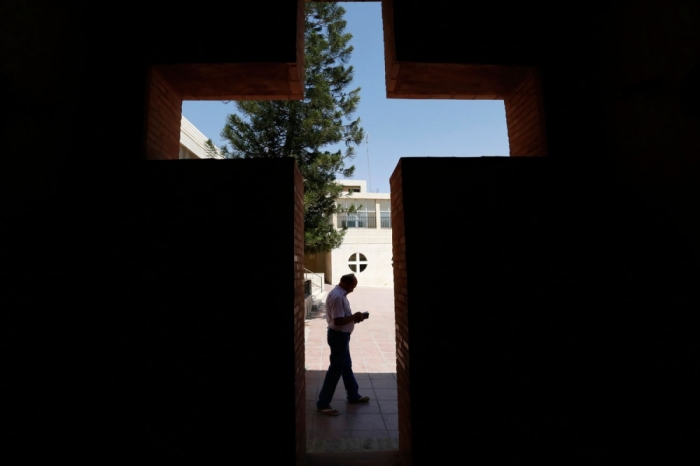It's Genocide; Now American, Middle Eastern Christians Must Unite

Last month, the United States formally recognized that a genocide against Middle Eastern Christians and other minorities is taking place at the hands of ISIS in Iraq and Syria. What next?
While steps must be taken to stop future atrocities from occurring, provide aid to those whose lives have been upended, and to plan for their future, we must also recognize and nurture the solidarity that we as American Christians share with our brothers and sisters overseas.
To advocate for them we must love them. And to love them we must know them. Without this enriched relationship being developed over the long term, advocacy will languish. Just as importantly, we will miss the opportunity for spiritual participation in their suffering as members of the Body of Christ, and the joyful solidarity that results.
To this end, the Family Research Council and partnering organizations Open Doors, The Voice of the Martyrs, Institute of Religion and Democracy, In Defense of Christians, Christian Solidarity Worldwide-USA, the 21st Century Wilberforce Initiative, and International Christian Concern are calling on churches across America to observe April 17, 2016 as Stand with the Persecuted Sunday.
During services that day, nearly 40,000 churches in the United States are being asked to take a few minutes to stand with believers across this nation and around the world by:
1. praying for the persecuted (and for the conversion of the persecutors)
2. participating in practical ministry to brothers and sisters overseas
3. promoting public policy that protects the persecuted, such as standing for their right to religious freedom, and for a secure home for them and their posterity.
Prayer not only benefits the persecuted; it benefits us, and is used by God to strengthen our (and their) relationship with Him. It naturally leads to practical ministry, as our hearts are drawn to our brothers and sisters. It also leads us to want to see that fellow believers are protected overseas.
This is a tall order. It will not happen overnight.
But if and when the domestic church becomes energized to support the overseas church, when we recognize that persecution against them is persecution of the entire Body of Christ, this energy will ricochet into the political and cultural spheres. One result will be an increased focus on religious freedom in our foreign policy.
Is the electorate currently demanding this of our presidential contenders? Not yet. But the domestic church is a sleeping giant. If it awakens to the needs of our brothers and sisters overseas and begins to speak out as one, our government will respond.
Voters must demand that the U.S. government actually advance religious freedom in its foreign policy — our foreign policy — as it is obligated to do under the 1998 International Religious Freedom Act.
Of all people, Christian Americans should understand that religious freedom is more than a right not to be tortured, or a mere private right of worship. It is the right to "exercise" religion as our First Amendment puts it, or to "manifest" religious beliefs in public life, as the International Covenant on Civil and Political Rights puts it. Working to protect this vigorous understanding of religious freedom overseas will energize Americans to defend it more effectively at home, where it is increasingly at risk.
In fact, the horrors wrought by ISIS have crystallized a pressing issue — the global decline of religious freedom and the increasing persecution of Christians and other believers abroad. Re-energized engagement on this issue requires a re-energized church, which is the goal of Stand with the Persecuted Sunday. While the road will be long and difficult, it is time to begin. April 17th is our time to stand up for religious freedom for all God's children.




























